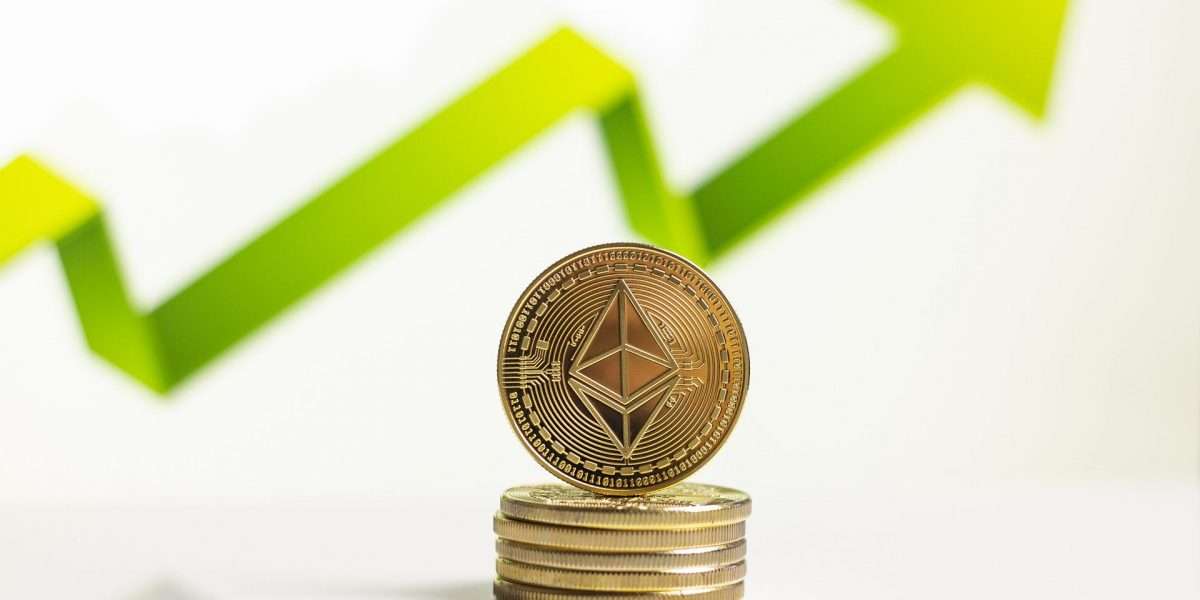Will South Korea Use Ethereum Blockchain for Digital IDs? Here’s what the government is planning

- The South Korean government estimates to gain 60 trillion won ($42 billion), or 3 percent of GDP, in economic value within a decade of digital ID adoption.
- Smartphone-implanted IDs have emerged as a top priority for most governments intending to make use of blockchain technology.
South Korea intends to issue digital identification (IDs) through the Ethereum blockchain. As such, the South Korean government has projected a bump in the country’s economy in the coming decades. Also, South Koreans can access global online services seamlessly with digital authentication. Otherwise, using physical IDs on online services, which involves taking a photo, will not be required for South Koreans after the implementation of digital IDs.
The government has utilized the largest smart contract platform, Ethereum, which recently migrated to PoS via the Merge event, to expand GDP production.
“All services that have not been able to fully transition online will now be able to do so,” said Suh Bo Ram, director general of Korea’s Digital Government Agency, spearheading the plan.
Reportedly, South Korean citizens with smartphone access will be able to use the digital ID once the plan is implemented. Smartphone-implanted IDs have emerged as a top priority for most governments intending to make use of blockchain technology. Moreover, blockchain technology offers a secure platform for companies to scale businesses globally.
“Digital IDs can bring enormous economic benefits in finance, healthcare, taxation, transportation and other areas and can quickly catch on with the Korean population,” so Hwang Seogwon, an economist at Korea’s Science and Technology Policy Institute. “But there needs to be more risk assessment technologically to make sure the danger doesn’t outweigh the benefits,” he said.
South Korea is making use of blockchain technology
The South Korean government estimates to gain 60 trillion won ($42 billion), or 3 percent of GDP, in economic value within a decade of digital ID adoption.
Furthermore, the World Bank refers to digital IDs as a “game-changer”, while McKinsey & Co. sees their potential to increase a nation’s gross domestic product by up to 13 percent and cut business costs by trillions of dollars.
The country reportedly intends to roll out digital IDs by 2024, and the government estimates that 45 million of its citizens will adopt them.
Consequently, public services will be smoothed out as few people will need to go to offices for ID renewal.
The Ethereum network is expected to benefit significantly from the deal as it will reciprocate a new Dapp with high volume flow. Furthermore, the ETH network is capable of handling more transactions per second at the moment than it was under the Proof-of-Work (PoW) consensus mechanism.
Blockchain technology has always been at the heart of global geopolitics, especially in the last three years since the outbreak of the Covid pandemic. In fact, two countries, El Salvador and the Central African Republic, have adopted Bitcoin, the blockchain pioneer, as legal tender.


